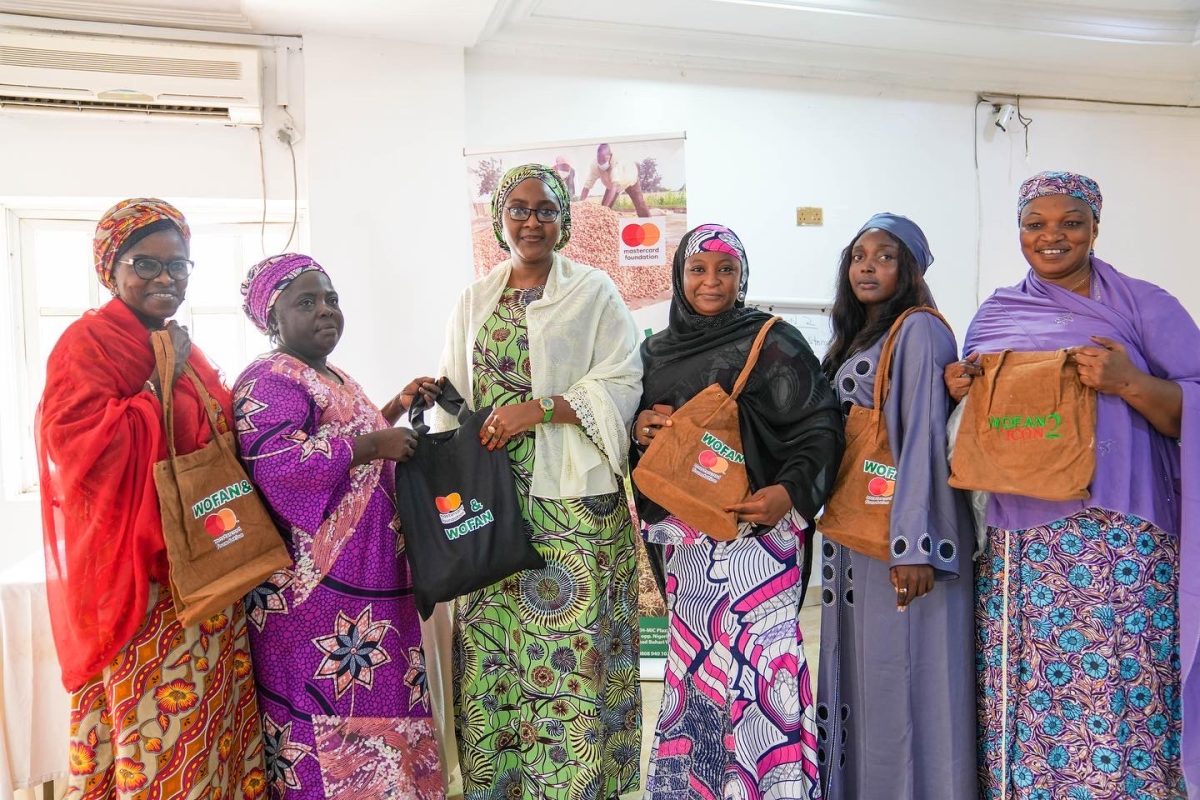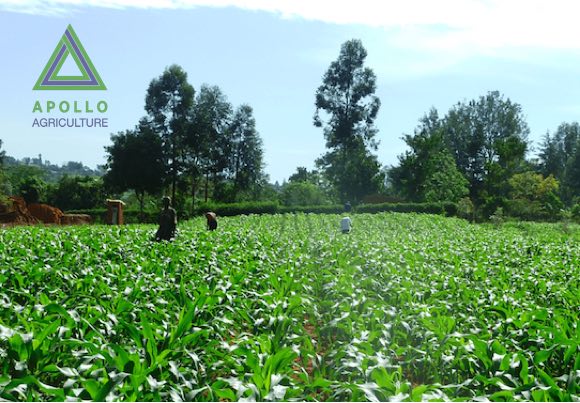The Women Farmers Advancement Network (WOFAN) on Saturday announced that it has empowered over 680,000 community partners across nine states in Nigeria within just two years.
Founded by Hajia Dr. Salamatu Garba in 1993, WOFAN has focused on transforming the lives of rural women and youth through innovative technology and sustainable agricultural practices.
Read also: Safaricom partners with JICA, Lersha, Hibret Bank to empower 10,000 Ethiopian farmers
Leveraging technology for agricultural growth
WOFAN has embraced technology as a vital tool in enhancing agricultural productivity. The organisation recently onboarded 500 agricultural extension workers, equipping them with Android tablets loaded with data collection and analysis software.
This initiative aims to provide farmers with real-time technical advice based on research, helping them make informed decisions about crop production and processing.
Dr Garba emphasised the importance of accurate data: “The intended impact of this training is to build a strong relationship between the extension workers and the farmers.”
In addition to training, WOFAN has distributed over 450 pieces of mechanised farming equipment, including treadle pumps and solar-powered sprayers, to farmers across ten states.
These tools are designed to reduce labour intensity and improve efficiency in farming operations.
Mr Attahiru Musa, a village head, shared his excitement: “This is the first time I’ve seen a solar sprayer compared to the manual ones we used before. The solar sprayer will save farmers time, stress, and money.”
Read also: SMART Zambia introduces eKYC to enhance security and efficiency in identity verification
Empowering communities through training
WOFAN’s commitment extends beyond providing equipment and focuses on capacity building through comprehensive training programs.
Participants learn about Good Agronomy Practices (GAP), safe pesticide use, and practical farm management strategies. These training sessions enhance agricultural skills and foster community engagement among farmers.
Dr Garba highlighted that these initiatives are part of a broader strategy funded by the Mastercard Foundation to empower 675,000 youths across Nigeria over five years.
The project aligns with the foundation’s Young Africa Works strategy, which seeks to enable millions of young people to secure dignified employment opportunities.
As WOFAN continues its mission, integrating technology into agriculture remains a priority. By equipping farmers with knowledge and tools, WOFAN is paving the way for sustainable agricultural practices that uplift entire communities and improve livelihoods across Nigeria.



